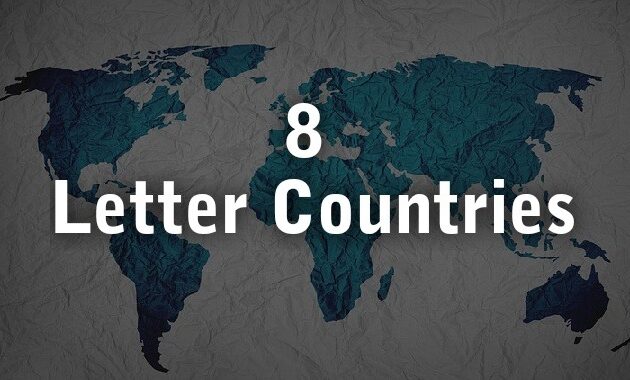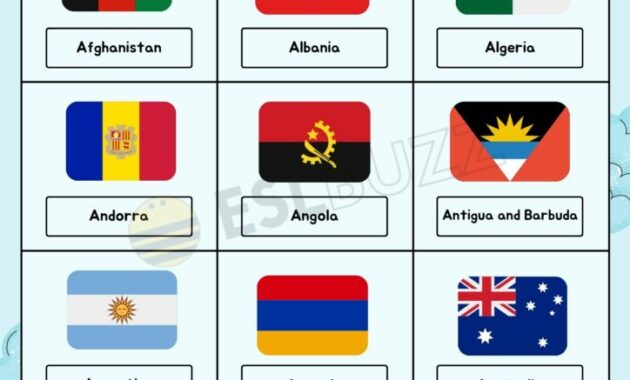Africa’s persistent underdevelopment remains a complex and multifaceted challenge, deeply intertwined with historical, political, economic, and social factors. Understanding the roots and contemporary manifestations of this underdevelopment requires a nuanced analysis, moving beyond simplistic explanations and acknowledging the diverse experiences across the continent’s 54 countries. While there is no single, universally accepted narrative, examining key contributing factors provides a framework for grasping the complexities at play.
Historical Legacies: Colonialism and its Enduring Impact

The colonial era casts a long shadow over Africa’s development trajectory. European powers, driven by economic greed and geopolitical ambitions, carved up the continent in the late 19th century, imposing artificial borders that disregarded existing ethnic, linguistic, and cultural divisions. This arbitrary redrawing of the map fueled internal conflicts and hindered the formation of cohesive national identities, challenges that persist in many African nations today.
Colonial administrations systematically exploited Africa’s natural resources, extracting raw materials such as minerals, timber, and agricultural products for the benefit of European economies. This extractive economic model stifled the development of local industries and perpetuated a dependency on exporting commodities with limited value addition. Infrastructure development was primarily focused on facilitating resource extraction and trade with the colonizing powers, neglecting the needs of local populations and hindering internal economic integration.
Furthermore, colonial education systems were designed to train a small elite to serve the colonial administration, neglecting mass education and perpetuating inequalities. Traditional governance structures were undermined, replaced by centralized, often authoritarian, systems that lacked legitimacy and accountability. The legacy of colonialism continues to shape political institutions, economic structures, and social dynamics across the continent, contributing to persistent underdevelopment.
Political Instability and Governance Challenges

Political instability, characterized by conflict, corruption, and weak governance, has been a major impediment to Africa’s development. Many African nations have experienced periods of civil war, ethnic conflict, and political violence, often fueled by competition for power and resources. These conflicts have resulted in immense human suffering, displacement, and economic disruption, diverting resources away from development initiatives and undermining social cohesion.
Corruption remains a pervasive problem, diverting public funds into private hands and undermining the rule of law. Weak governance institutions, characterized by a lack of transparency, accountability, and capacity, hinder effective policymaking and implementation. The absence of strong property rights and contract enforcement discourages investment and entrepreneurship, further impeding economic growth.
Furthermore, many African countries struggle with democratic consolidation. While multi-party elections have become more common, they are often marred by irregularities, violence, and a lack of genuine political competition. The absence of strong democratic institutions and a vibrant civil society weakens checks and balances on power and perpetuates a cycle of political instability and corruption.
Economic Structures and Global Trade Dynamics
Africa’s economic structures remain heavily reliant on the export of primary commodities, making the continent vulnerable to fluctuations in global commodity prices. This dependence on raw materials limits economic diversification and value addition, hindering long-term growth and development. The lack of industrialization and manufacturing capacity means that African countries are often forced to import manufactured goods at higher prices, further exacerbating trade imbalances.
Global trade dynamics often disadvantage African countries. Trade barriers, such as tariffs and quotas imposed by developed countries, restrict access to key markets for African exports. Unfair trade practices, such as agricultural subsidies in developed countries, distort global markets and undermine the competitiveness of African farmers.
Furthermore, foreign direct investment (FDI) in Africa is often concentrated in extractive industries, with limited spillover effects for local economies. The terms of FDI agreements often favor foreign investors, with limited benefits for African countries in terms of technology transfer, job creation, and revenue generation. Addressing these structural imbalances in the global economy is crucial for fostering sustainable and inclusive growth in Africa.
Social and Demographic Challenges
Africa faces significant social and demographic challenges that contribute to underdevelopment. High population growth rates, coupled with limited access to education, healthcare, and employment opportunities, place a strain on resources and hinder progress. The HIV/AIDS epidemic has had a devastating impact on many African countries, reducing life expectancy, weakening the workforce, and placing a heavy burden on healthcare systems.
Gender inequality remains a persistent problem, limiting women’s access to education, healthcare, and economic opportunities. Traditional social norms and cultural practices often disadvantage women, hindering their participation in decision-making processes and perpetuating cycles of poverty. Addressing gender inequality is crucial for unlocking Africa’s full potential and achieving sustainable development.
Furthermore, rapid urbanization is creating new challenges for African cities, with limited infrastructure, inadequate housing, and rising unemployment. The growth of informal settlements and slums exacerbates social inequalities and creates breeding grounds for crime and violence. Managing urbanization effectively is essential for ensuring sustainable and inclusive urban development.
Addressing the Challenges and Charting a Path Forward
Overcoming Africa’s underdevelopment requires a multifaceted approach that addresses the historical, political, economic, and social factors contributing to the problem. This includes strengthening governance institutions, promoting political stability, diversifying economies, investing in education and healthcare, and addressing social inequalities. International cooperation and partnerships are also crucial for supporting Africa’s development efforts.
Investing in human capital is essential for driving economic growth and improving living standards. This includes expanding access to quality education at all levels, improving healthcare systems, and promoting skills development. Empowering women and girls is crucial for unlocking their potential and achieving sustainable development.
Promoting good governance and combating corruption are essential for creating a conducive environment for investment and economic growth. This includes strengthening the rule of law, promoting transparency and accountability, and combating illicit financial flows. Strengthening democratic institutions and promoting civic participation are also crucial for ensuring political stability and accountability.
Diversifying economies and promoting industrialization are essential for reducing dependence on primary commodities and creating new job opportunities. This includes investing in infrastructure, supporting local industries, and promoting value addition. Fostering regional integration and trade can also help to expand markets and promote economic growth.
Addressing climate change is crucial for ensuring sustainable development in Africa. This includes investing in renewable energy, promoting climate-smart agriculture, and building resilience to climate shocks. International cooperation is essential for providing financial and technical support to African countries in their efforts to mitigate and adapt to climate change.
Ultimately, overcoming Africa’s underdevelopment requires a long-term commitment to sustainable and inclusive development, driven by strong leadership, good governance, and the active participation of all segments of society. By addressing the root causes of underdevelopment and investing in its people, Africa can unlock its vast potential and achieve a brighter future.
If you are searching about Why is Africa Underdeveloped? – Northeastern University Global you’ve came to the right place. We have 5 Pics about Why is Africa Underdeveloped? – Northeastern University Global like Why is Africa Underdeveloped? – Northeastern University Global, Why is Africa Underdeveloped? – Northeastern University Global and also Why is Africa Underdeveloped? – Northeastern University Global. Here it is:
Why Is Africa Underdeveloped? – Northeastern University Global

geo.northeastern.edu
africa northeastern underdeveloped geo
Why Is Africa Underdeveloped? – Northeastern University Global

geo.northeastern.edu
Why Is Africa Underdeveloped? – Northeastern University Global

geo.northeastern.edu
Why Is Africa Underdeveloped? – Northeastern University Global

geo.northeastern.edu
Why Is Africa Underdeveloped? – Northeastern University Global

geo.northeastern.edu
Why is africa underdeveloped?. Africa northeastern underdeveloped geo. Why is africa underdeveloped?











